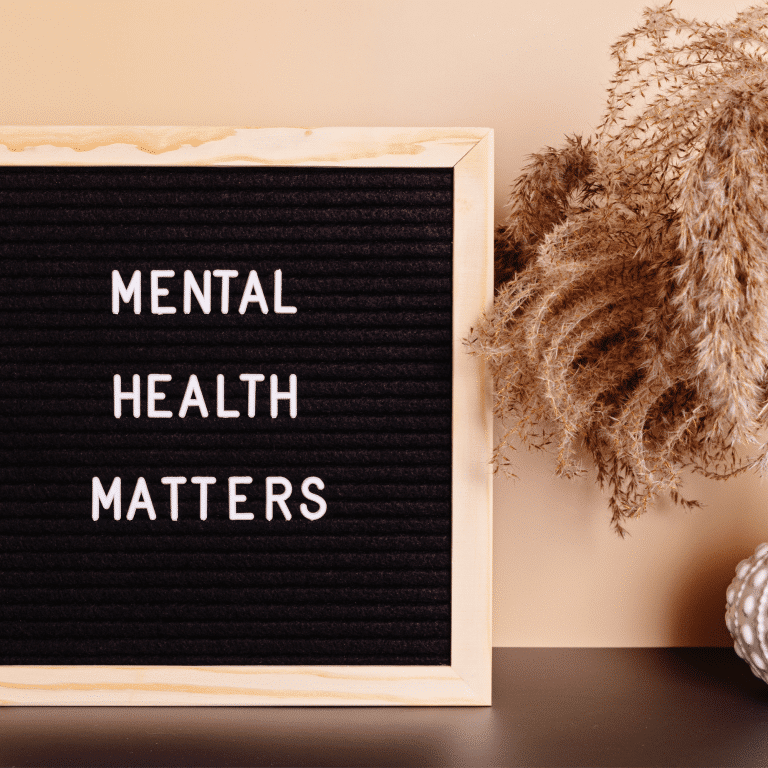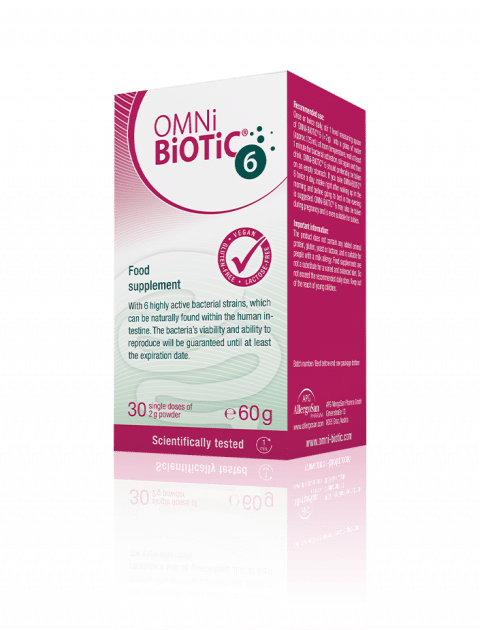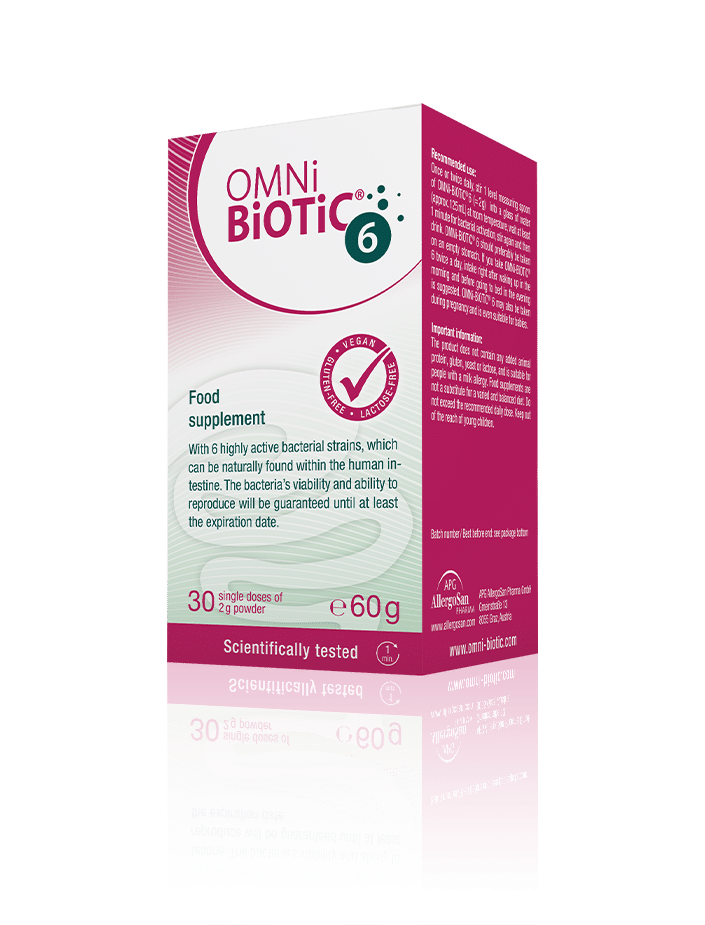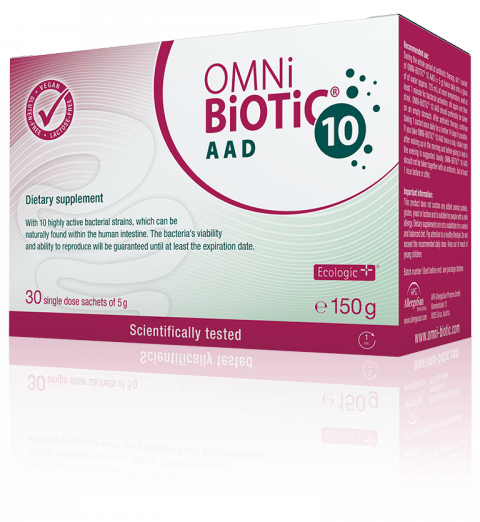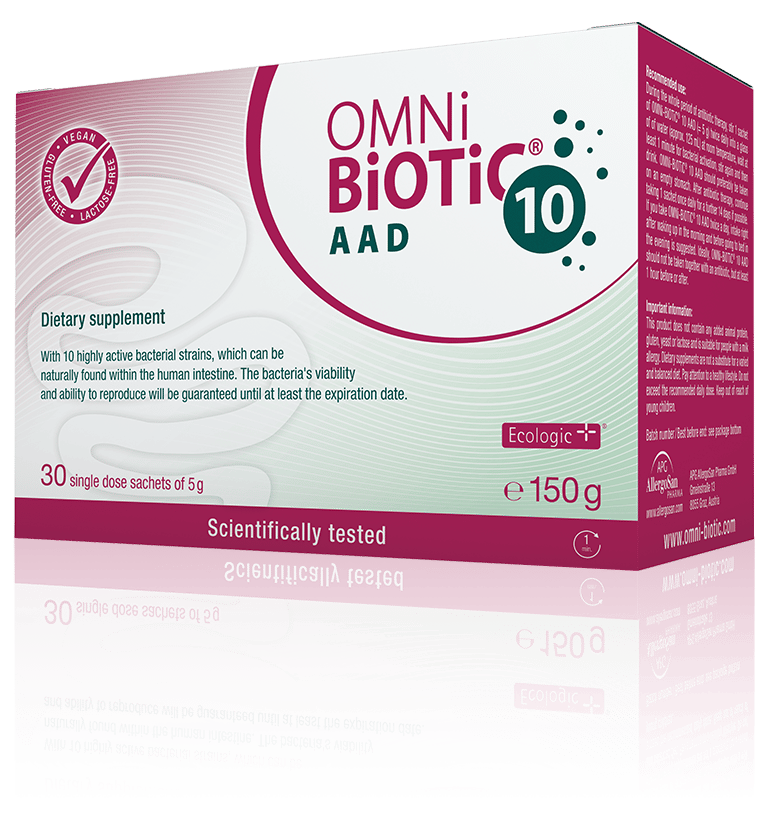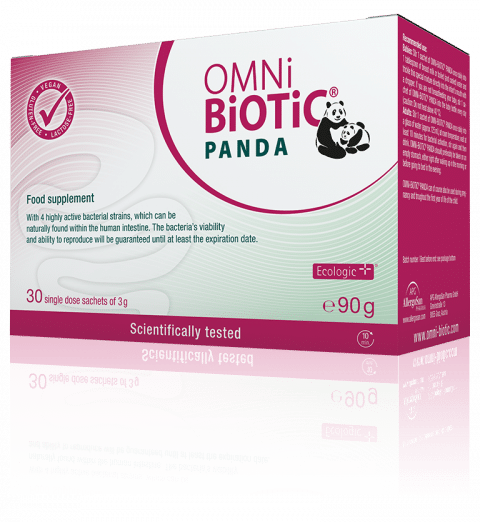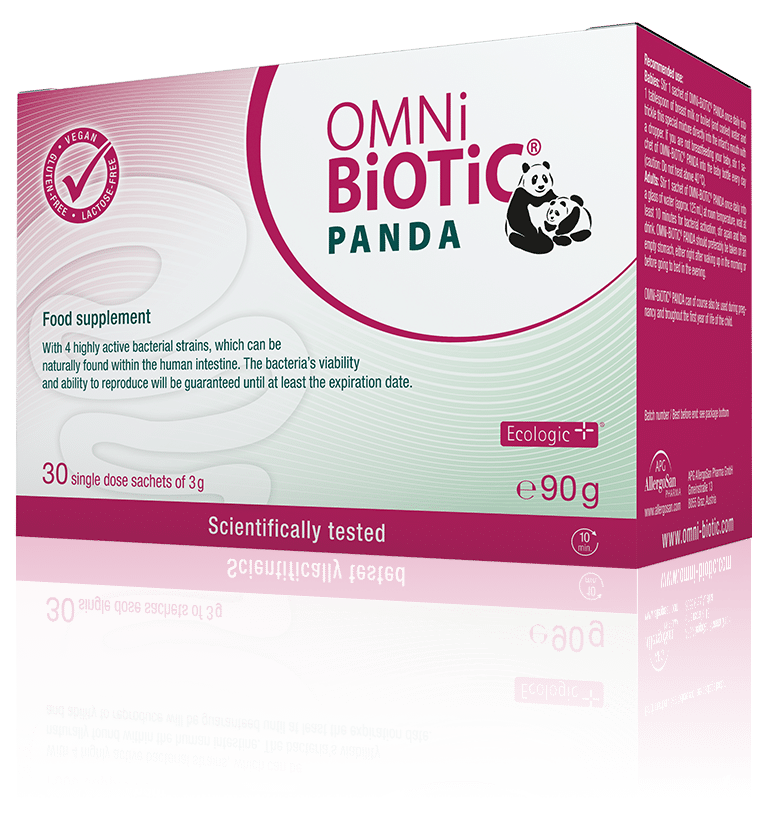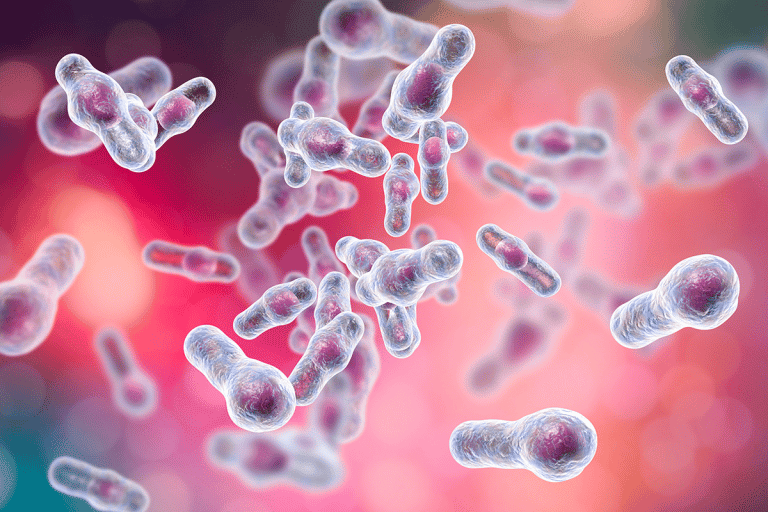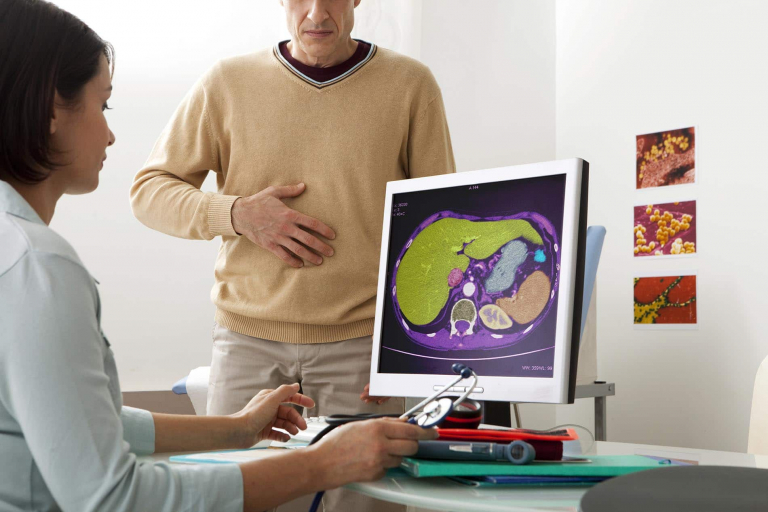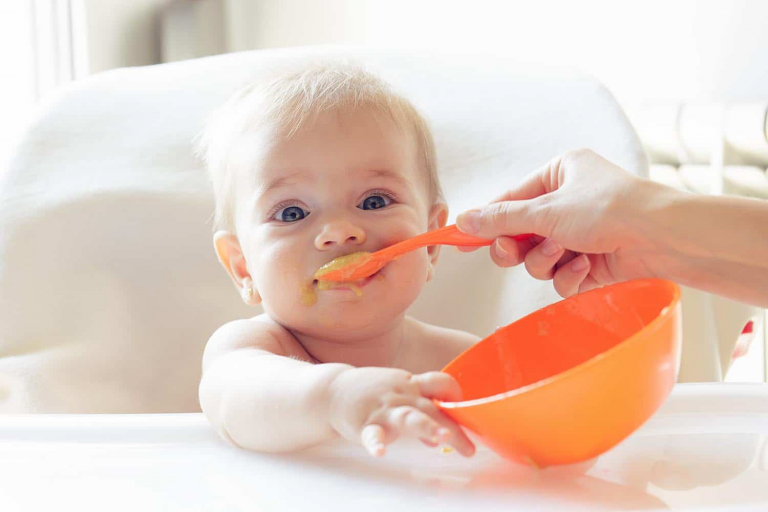
Mag. Sylvia Neubauer
Children and stomach ache
Too many sweets can just as likely be the cause for an upset little tummy as a gastrointestinal infection. A quick guide on what to look out for and what to do when children have a „tummy ache“.
Every little burp by a baby is met with excitement and joy. However, the same cannot be said when you get older: You may have digestion, but you shouldn’t talk about it. But you should! Especially when a child’s intestine hurts here and there. Knowing where the pain is, the type and strength are important in determining the severity of the complaints. The good news is: Up to 90% of children with stomach pains have no serious physical cause. In most cases, the digestive problems are alleviated with mild remedies.
Constipation, diarrhea and gas in children
A child’s digestive tract is confronted with new challenges every day: It has to learn how to digest food and cope with germs. The first three months of life are especially difficult, and this adjustment is often accompanied by flatulence and three-month colics. In fear of getting dirty, many small children avoid using the potty and develop constipation. Even bad eating habits and a lack of liquids and exercise can make the „job“ more difficult. Typical signs of constipation are hard and painful excretions and a stool frequency of fewer than two times a week. Since a child’s stomach is very sensitive, our offspring react towards small disruptions such as cold drinks or too much food by vomiting. Plenty of liquid usually helps against these harmless triggers.

Mamas tummy massage can work wonders!
Is it harmless or should we see a doctor?
The whole story is different if fever occurs and a gastrointestinal virus wreaks havoc. Drinking enough liquids is the top priority – preferably tea with sugar or homemade mixtures with one litre of water, six teaspoons of sugar and one teaspoon of salt. If taken throughout the day, these drinks can rebalance the electrolytes in the body. If the child refuses to drink liquids or if the complaints don’t improve after one or two days, you should consult your doctor. The same applies to high fever, sudden and severe pain as well as pain that lasts for more than 24 hours. Constant crying and a hard, tense abdomen are also red flags that should be examined by a doctor.
Probiotics after each antibiotic treatment
In most cases, a little extra tender and loving care can soothe an upset stomach – especially when the complaints are of psychological origin. Particularly among older children, excitement, fear or exhilaration can cause intestinal complaints. A gentle tummy massage clockwise around the belly button – following the natural pathway of the intestines – can work wonders. Most importantly, however, is a balanced and fibre-rich diet (fruits, vegetables and whole-grain products). The additional intake of probiotics after antibiotic treatment is especially important in quickly rebalancing the intestines and coping with diarrhea. Furthermore, helpful bacteria regulate the child’s immune system and reduce allergic diseases by up to 80%, as confirmed by several large studies.
